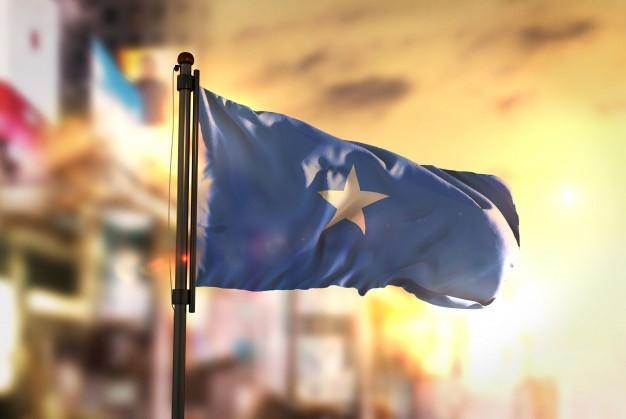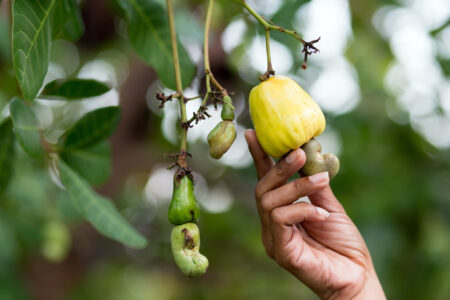The African Development Bank (AFDB) approved grants worth $25 million to Somalia to boost its national budget efforts to mitigate the national and regional impacts of the pandemic.
The grants comprised of $15.06 million grant from the Regional Operations Envelope and a $10.04 million grant from Pillar 1 of the Bank’s Transition Support Facility which is under the bank’s COVID-19 Response Facility.
“It is the first time the Bank is leveraging the Regional Operation Envelope resources for a Budget Support Operation. This approach was pertinent to ensure that Somalia has adequate resources to contain the spread of the disease in its territory and limit cross-border impacts that pose serious risks for health, social and economic development for the Horn of Africa sub-region,” said Nnenna Nwabufo the Acting Bank Director General for East Africa.
The grant will be used to carry out three interlinked responses to the COVID-19 pandemic that will safeguard livelihoods and social protection, enhance the health system and support labour force productivity and economic activity in Somalia.
In the health sector, the funds will be used in widening the provision of personal protective equipment, increasing the country’s ICU capacity and boosting infection prevention and control measures. In the social protection measures, the funds will include the compensation for those engaged in livestock markets and provision of nutrition-linked cash transfers.
It will also bolster programs to offer temporary tax and customs duty relief and 50 per cent relief on staple food, including cooking oil and flour.
Among initiatives aiming to support the workforce and economy are the introduction of permanent tax and customs increases on tobacco, beauty products and plastic bags, the advancement of certification procedures for job-creating local production of COVID-19 supplies and establishment of a financing facility to support micro, small and medium enterprises.
As a measure to control the proliferation of the virus, Somalia suspended non-essential business and social activities, closing off air and sea connections except for goods and introducing partial curfews and lockdowns. This has placed Somalia’s recent socioeconomic progress in jeopardy and increased its vulnerability to political instability and climate-induced shocks.
Somalia’s real GDP under worst-case scenario is forecast to contract by 5.4 per cent in 2020 and inflation to hit 6.3 per cent as imports decrease.











